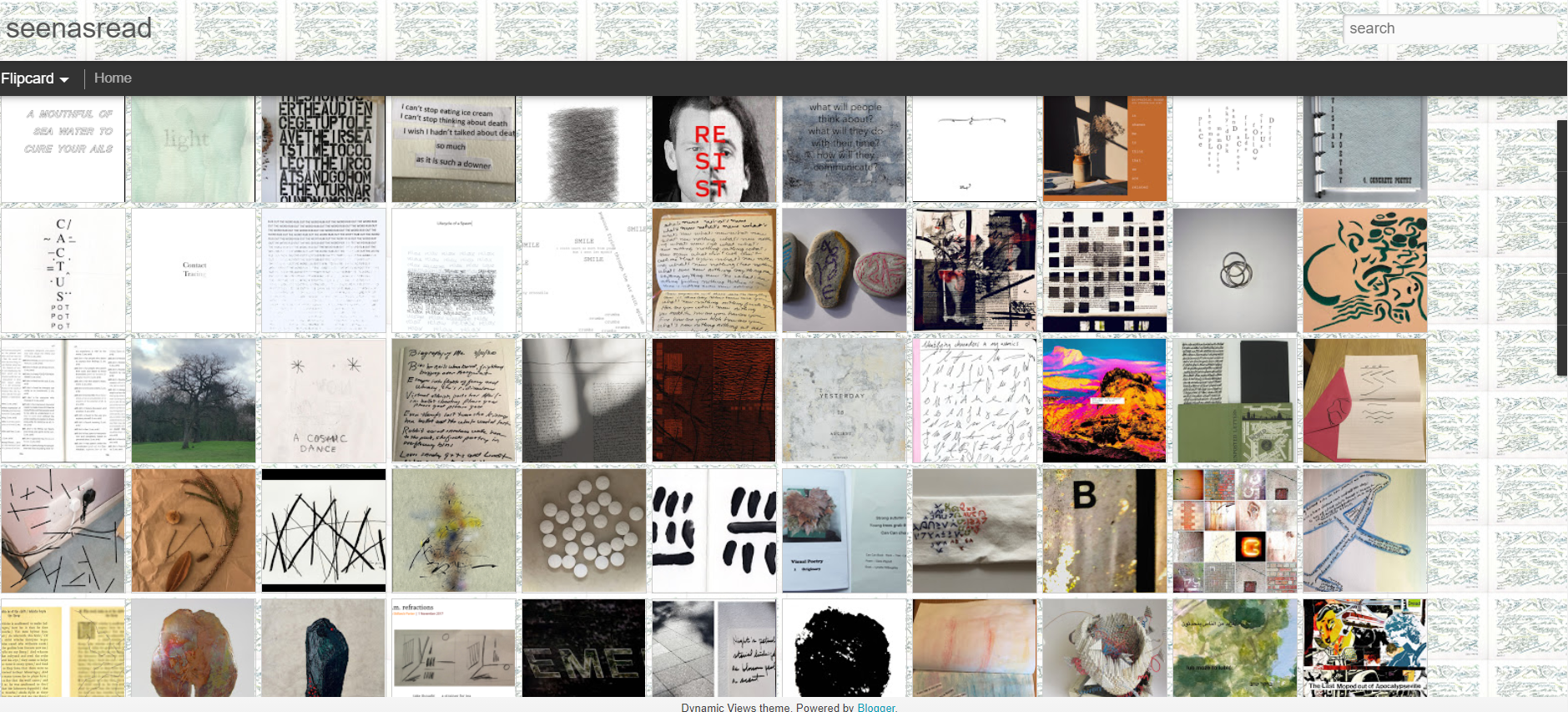An online course beginning March 14th 2021. Seven weeks. £200. All information & booking at www.poembrut.com/courses
What are the possibilities of poetry on the page, or screen, beyond, or expanding with, its semantic content? Far from being a domain of contemporary experimentation in marginal literatures, what we know as visual poetry reaches back into the very origins of poetry, far more than more formal, mainstream writing. This online course exposes the roots of the language arts, from cave paintings to undecipherable manuscripts, before touching upon the possibilities of the modern visual poetry by taking in great swathes of modern art engaged with text. We explore Asemic writing, Collage Poetry, Concrete Poetry, Art Poetry, Minimalism, Poster Poetry and Originary Visual Poetry in a course rooted in making over theory, method over all else.
The Voynich Manuscript / Sophie Podolski / Judit Reigl / Annagret Soltau / Seiichi Niikuni
Poet-artists featured on the course will range from the historical to the contemporary, taken from all over the globe - from canonical modern artists to "outsider" poets, from Laszlo Moholy-Nagy to Henry Michaux, Bob Cobbing to Rosaire Appel, Sophie Calle to Sophie Podolski, Jean Michel Basquiat to Cy Twombly.








